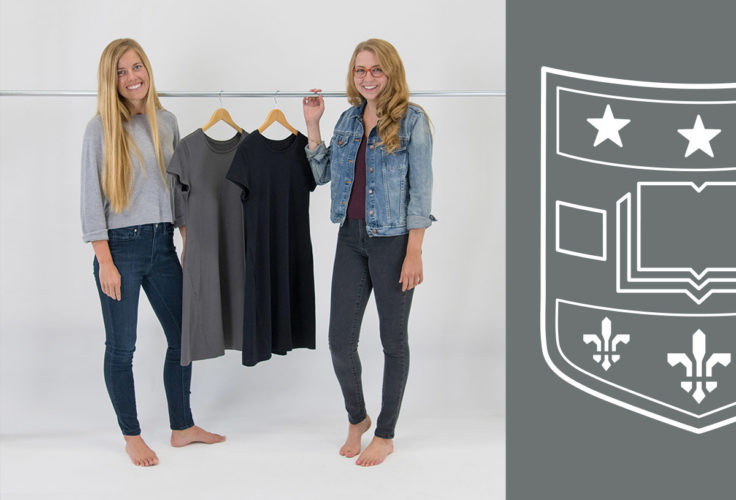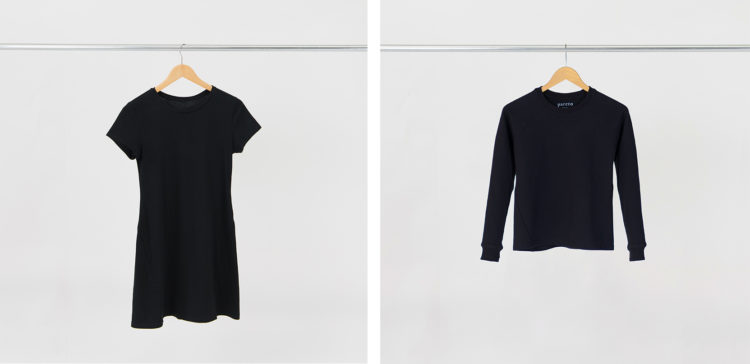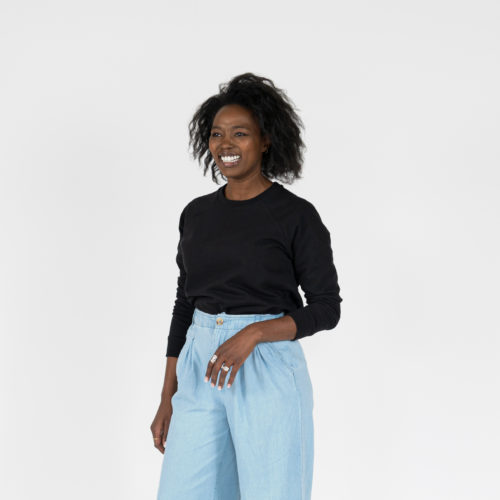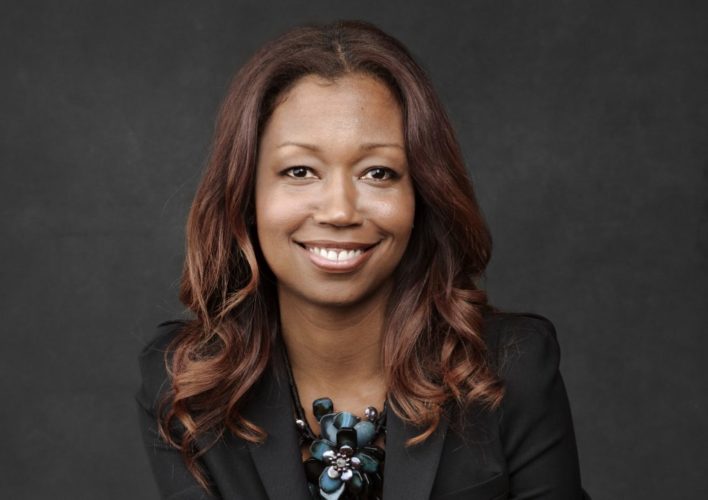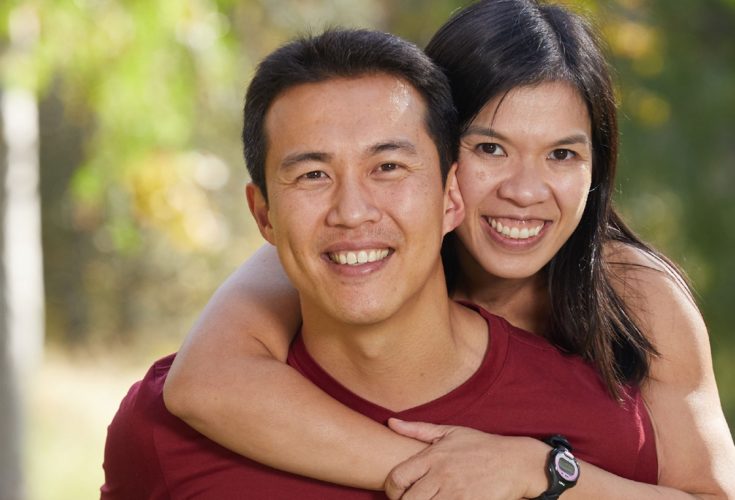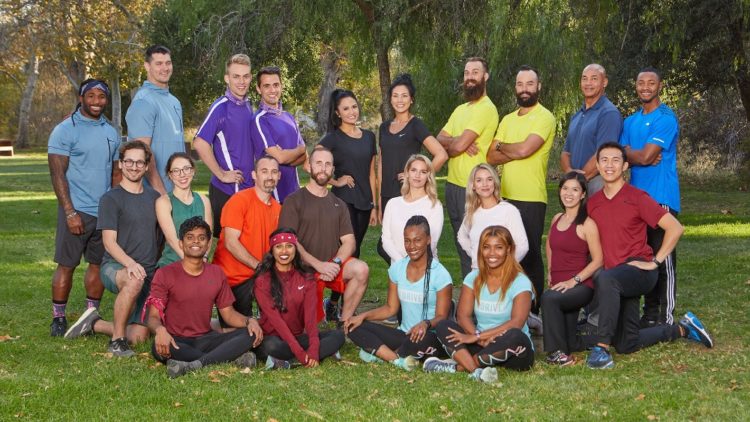The Fit and Food Connection is a nonprofit organization that provides food and resources to low-income families. Through this organization, families learn how to make healthier decisions, from food selection to implementing exercise in their daily routines. The Fit and Food Connection is there to support and advocate for the wellness of those in the community.
They’re working with our Taylor Community Consulting Program this year as a client. We wanted to highlight The Fit and Food Connection’s previous experience working with students engaged in our TCCP Program.
Here’s what they had to say.
What unique perspective do students bring? How did they drive impact in your specific project?
Students bring a youthful perspective, and they also bring their business smarts based on their field of study. They are also very tech savvy and can use that knowledge throughout the project with The Fit and Food Connection. They drove impact within our project because they set out to help us create some help for our volunteer onboarding within the organization, and they provided some great groundwork for our volunteer program.
Was there anything that surprised you about the engagement with the CEL team? If so, what – and why?
We know what an incredible institution Washington University is, but these students were so smart and the level of their engagement made the project so very special. Often we see teams of students where a few people do most of the work, but within the CEL team everyone was very engaged and participated at a high level.
With any collaboration, sometimes things can become rocky! What was the most challenging aspect of working with the CEL/student consultants?
The time frame to work with is always challenging. By the time we get some of the ground work done, there is only a few months to really dig in and we don’t often get to complete everything that we need.
How do you see CEL’s work fitting into the greater vision and mission of your company?
We see the CEL working together with Fit and Food for a long time to come. The work of the students is invaluable and our needs as a growing organization are great. We love their energy and enthusiasm and all of the knowledge that they bring to create some significant changes and forward movement within our organization.
What was the biggest takeaway you learned from this experience – and was your hope that the students take this away, too?
The students helped us with some significant changes in our volunteer onboarding system, and gave us a great structure to use as we onboard volunteers. Our hope is that the students learned about The Fit and Food Connection, and that they see the intense benefits of giving back in their community. We also want them to see how a community can work together to create positive change, and that their work can really make an impact. The biggest takeaway was seeing how much work can be done in a short period of time, and that when you work hard at something and have a goal, great things can be achieved.
Gabrielle, Co-Director of The Fit and Food Connection, ended with a few final remarks:
“We know that all of the students that we worked with are going to go on and do great things in their lives. They have helped our organization so much, and if they have learned something positive about their strengths or creating positive change within our communities, that would make us happy. We are so blessed to have this wonderful program in our city, and we are excited for future partnerships together.”
Through the CEL’s Taylor Community Consulting Program, students can engage with the St. Louis Community and make life-changing impacts. Students in TCCP are valued and respected by clients. We also value our clients–especially those like The Fit and Food Connection, whose mission is to empower the community.
You can read more about The Fit and Food Connection here.



